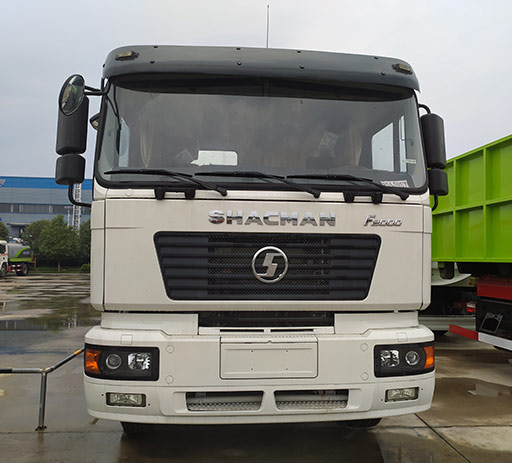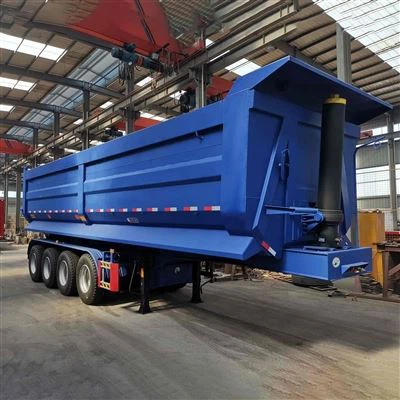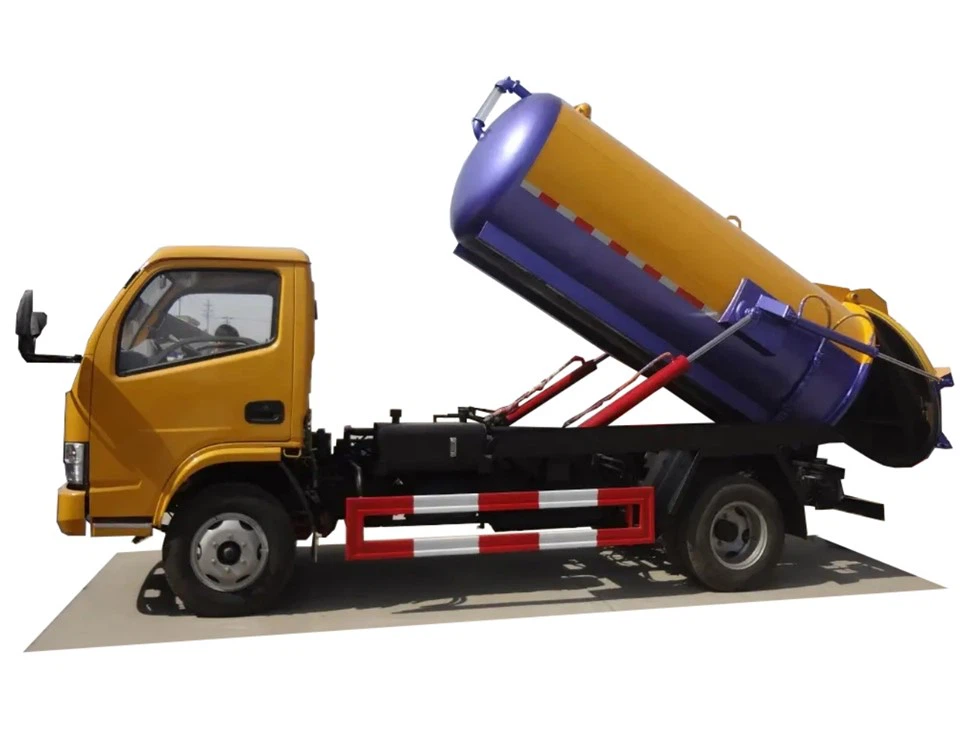Roll off dump trucks are essential vehicles in the construction and waste management industries. These trucks are designed for transporting waste, debris, and construction materials, making them highly versatile. In this article, we will explore the various aspects of roll off dump trucks, including their types, uses, benefits, and essential tips for those looking to rent or buy one.
What is a Roll Off Dump Truck?
A roll off dump truck is a specialized vehicle used primarily for hauling and transporting large quantities of materials and waste. The unique design features a flatbed equipped with rail systems, allowing containers to be loaded and unloaded quickly without the truck needing to reverse. This functionality is especially useful in construction, demolition, and waste management settings.
How Roll Off Dump Trucks Work
Roll off dump trucks utilize a hydraulic system to manage the containers that sit atop a flatbed. The containers can be easily rolled off or onto the truck. Here’s how they work in a step-by-step breakdown:
- The truck approaches the container.
- Hydraulic arms tilt the truck’s flatbed, allowing the container to roll off.
- The truck can either leave the container on the ground or take it to the designated location.
- To pick up the empty container, the truck backs up, tilts the flatbed, and rolls it back on.
Types of Roll Off Dump Trucks
Understanding different types of roll off dump trucks can help you select the right one for your needs. The following are the most common types:
1. Standard Roll Off Trucks
These trucks are the most common and are typically used in waste management. They can carry various container sizes, usually ranging from 10 to 40 cubic yards.
2. Heavy-Duty Roll Off Trucks
Heavy-duty trucks are designed for more substantial loads. They typically feature stronger frames and enhanced hydraulic systems to support larger containers and more weight.
3. Low-Profile Roll Off Trucks
Low-profile roll off trucks have a lower height for easier access in urban areas or locations with height restrictions. They maintain similar load capacities as standard trucks.
Comparison Table of Roll Off Dump Truck Types
| Type | Load Capacity | Common Uses |
|---|---|---|
| Standard Roll Off | 10 – 40 yards | Residential, Commercial Waste |
| Heavy-Duty Roll Off | 20 – 80 yards | Construction, Demolition |
| Low-Profile Roll Off | 10 – 40 yards | Urban Areas, Limited Height Spaces |
Benefits of Using Roll Off Dump Trucks
Roll off dump trucks provide various advantages, making them a popular choice for different industries. Here are some key benefits:
1. Efficiency in Waste Management
These trucks allow for quick loading and unloading, significantly reducing downtime. This efficiency helps keep projects on schedule.
2. Versatility

Roll off trucks can accommodate different types of containers for various materials, from construction debris to recyclable waste. This makes them adaptable for diverse projects.
3. Cost-Effective
With their capability to transport large amounts of waste in one trip, roll off trucks save time and fuel, leading to overall cost savings.
4. Safety Features
Modern roll off trucks are equipped with various safety features, including lower loading heights and advanced braking systems, to minimize accidents.
How to Choose the Right Roll Off Dump Truck
Selecting the right roll off dump truck is crucial for ensuring that your project runs smoothly. Here are some tips:
1. Assess Your Needs
Evaluate the type and amount of material you need to transport. This assessment will help you determine the appropriate size and weight capacity of the truck.
2. Consider Accessibility

Think about where you will be operating the truck. If you have limited space, a low-profile option may be more suitable.
3. Check Regulations
Every region has different regulations pertaining to waste transport. Ensure you are familiar with local laws governing operational aspects.

4. Evaluate Rental vs. Purchase
Decide whether to rent or buy based on the frequency of your projects. Renting can be more cost-effective for one-off jobs, while purchasing is better for long-term use.
Renting vs. Buying a Roll Off Dump Truck
The decision to rent or buy a roll off dump truck can significantly impact your operational costs. Here are considerations for both options:
Renting a Roll Off Dump Truck
- Pros:
- No long-term commitment.
- Maintenance and repairs are often covered.
- Flexibility to choose different sizes.
- Cons:
- Higher overall cost for long-term use.
- Availability may vary based on location.
Buying a Roll Off Dump Truck
- Pros:
- Saves money in the long run.
- Always available for use.
- Customization options can be explored.
- Cons:
- High initial investment.
- Responsible for maintenance and repairs.
Tips for Operating Roll Off Dump Trucks
Here are some practical tips for safely and effectively operating roll off dump trucks:
1. Pre-Operational Checks
Before using the truck, conduct a thorough inspection to check all systems, including brakes, lights, and hydraulic functions.
2. Training
Ensure that operators receive proper training to operate the truck efficiently and safely. Familiarity with hydraulic systems and loading practices is essential.
3. Weight Distribution
Load materials evenly to maintain stability during transport. Uneven weight distribution can lead to reduced control and potential accidents.
4. Traffic Management
Use warning signs and cones to manage traffic around the truck during loading and unloading, minimizing risks for other workers and bystanders.
Maintenance of Roll Off Dump Trucks
Regular maintenance is crucial to keep roll off dump trucks in optimal working condition. Here are some key maintenance practices:
1. Routine Inspections
Conduct daily inspections of brakes, tires, engine fluids, and hydraulic systems to identify any needed repairs beforehand.
2. Cleaning
Keep the truck clean to prevent buildup that can harm components. Regular washes can also help in identifying potential issues.
3. Professional Servicing
Schedule periodic professional maintenance to address more complex issues and keep the vehicle running smoothly.
Frequently Asked Questions (FAQ)
1. What is the average rental cost for a roll off dump truck?
The rental cost can vary based on the truck’s size and location, but it typically ranges from $300 to $900 per day.
2. How many cubic yards can a roll off dump truck carry?
Most roll off dump trucks can carry between 10 and 40 cubic yards, depending on the truck’s design and specifications.
3. Can roll off dump trucks be used for hauling other materials besides waste?
Yes, roll off dump trucks can transport various materials, including soil, gravel, and construction debris.
4. What kind of maintenance does a roll off dump truck require?
Regular oil changes, brake inspections, hydraulic system checks, and cleaning are necessary to ensure optimal performance.
5. Are roll off dump trucks suitable for residential use?
Yes, roll off dump trucks are commonly used for residential remodels or cleanouts, making them suitable for personal projects.
6. How can I find a reputable roll off dump truck rental service?
Research local companies online, check reviews, compare pricing, and ensure they have the appropriate licenses and insurance.